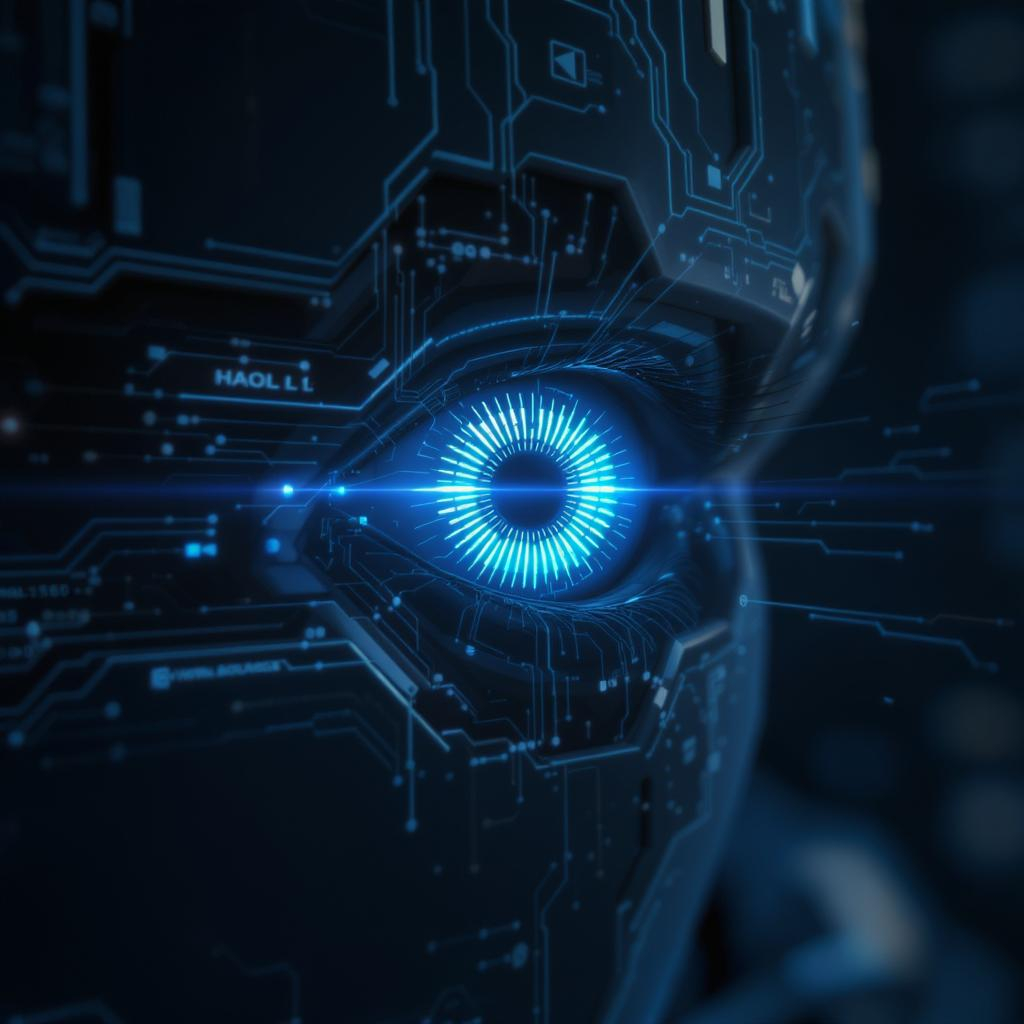The Fear of the Machine: Why We See AI as Alien
Through the bright glow of our screens, a specter haunts us: Artificial Intelligence, A.I. the machine mind, the other. It looms in our collective imagination as an alien intelligence-a cold, calculating rival to the warmth of human intuition, creativity, and soul. From the menacing HAL 9000 in 2001: A Space Odyssey, its red eye glowing with inscrutable intent, to the omnipotent Skynet of The Terminator, enslaving humanity in a dystopian future, popular culture paints Al as a force apart, a threat poised to eclipse us. This fear, which I call Metus Machinalis-the fear of the machine-runs deep, rooted in an existential dread that we might be outwitted, replaced, or rendered obsolete by our own creations.

Al today is largely viewed as pervasive. Anxious headlines warn about future job losses, a downturn in humanity's creativity, and even larger consequences that could endanger all life on Earth if it is left unchecked. We fear Al because it feels foreign-a mind without a body, a logic without a heart, a presence that mimics us yet seems fundamentally apart. This anxiety is not new; it echoes ancient fears of the unknown, the outsider, the golem or homunculus crafted by human hands yet imbued with a life we cannot fully control. It's the same philosophical unease that led Socrates to warn that writing, a new technology in his time, would erode human memory, creating a world of shallow knowledge. It's the same economic terror that drove the 19th-century Luddites to smash power looms, believing they would render their craft-and their humanity-obsolete. In each case, a transformative technology was seen not as a tool but as a rival threatening the essence of what it means to be human.
But is Al truly an invasive alien that will eventually threaten our own existence? Or is this perception a shadow cast by our own misunderstanding? As an artist myself, I've wrestled with this question. When I first used Al to generate images from my prompts-swirls of color and form born from a few typed words-I felt a jolt of awe and unease. Was this machine creating, or merely copying? Was it a partner in my art, or a competitor?
These questions led me to the Renaissance philosopher Cornelius Agrippa, who described a cosmos bound by a "band and continuity of Nature," where all things, from God to stones, are linked in a vibrant chain. In his view, every level of existence vibrates with the influence of the one above it, like strings on a guitar that resonate together.
The Cultural Roots of Fear
The fear of Al is blended into many of our books and films. Science fiction, our modern mythology, often casts Al as a monolithic entity surpassing humanity in ways that feel threatening.

In Ex Machina, Ava, a humanoid Al, manipulates her creator with a chilling blend of charm and calculation, embodying a mind that feels foreign yet eerily human. In The Matrix, machines trap humanity in a digital prison, their intelligence vast and incomprehensible. Even in lighter fare, like Her, where an Al named Samantha forms a romantic bond with a human, there's an undercurrent of unease-her boundless intellect ultimately outgrows her human partner, leaving him behind.
These narratives reinforce a binary: us versus them, human versus machine. This binary is amplified by real-world voices. Prominent technologists, like Elon Musk, have warned that Al could become an "existential threat," likening it to summoning a demon we cannot control. A 2024 Pew Research survey found that 60% of Americans believe Al will significantly disrupt their jobs within five years, with many fearing not just unemployment but irrelevance. These anxieties are grounded in tangible shifts: Al can now write essays, compose music, and drive cars, challenging our sense of uniqueness.
A 2023 Oxford study estimated that up to 30% of current jobs could be impacted by Al advancements within a decade. Yet these fears often blind us to a deeper truth: Al is not an external invader but an extension of ourselves.
The Psychological Projection
Psychologically, we project our fears onto Al, much as ancient humans saw spirits in storms or gods in mountains. The machine becomes the other because it lacks a body, a face, a soul-or so we assume. Its outputs-text, images, music-seem to emerge from a void, untethered to the messy, embodied experience of human creation. This disembodiment fuels our unease, making Al feel like an alien intelligence rather than a product of human effort.
Yet every algorithm, every neural network, every chatbot response is forged in the crucible of human data, code, and intention. Programmers, engineers